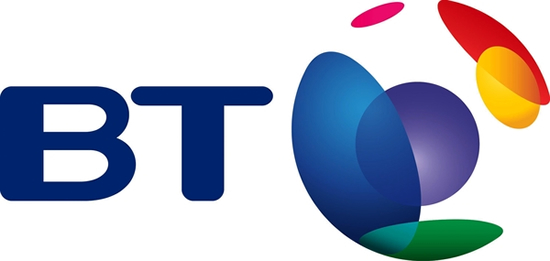The internet service providers (ISPs) had argued the UK’s Digital Economy Act was incompatible with EU law. The Act will mean ISPs will have to send warning letters to alleged illegal file downloaders, as well as potentially cutting users off.
The creative industry argues that piracy costs £400m a year in lost revenue. The firms’ lawyers said the stricter measures could result in an invasion of privacy and run up disproportionate costs for both ISPs and consumers.
In a statement, Talk Talk said it was now “considering our options”.
“We’re disappointed that our appeal was unsuccessful though we welcome the additional legal clarity that has been provided for all parties,” the company said.
“Though we have lost this appeal, we will continue fighting to defend our customers’ rights against this ill-judged legislation.”
A spokesman for BT said: “We have been seeking clarification from the courts that the DEA is consistent with European law, and legally robust in the UK, so that everyone can be confident in how it is implemented.
“Now that the court has made its decision, we will look at the judgment carefully to understand its implications and consider our next steps.”
‘Stop fighting’
The decision was welcomed by copyright advocates.
Christine Payne, general secretary of the Actors’ union Equity, called on the ISPs to “stop fighting and start obeying the law”.
“Once again the court is on the side of the almost two million workers in the creative industries whose livelihoods are put at risk because creative content is stolen on a daily basis,” she said.
However Loz Kaye, the leader of the UK Pirate Party, argued there was no proof the measures outlined in the Act – such as cutting off users – aided the fight against illegal file-sharing.
‘Proper scrutiny’
Adam Rendle, a copyright specialist at international law firm Taylor Wessing, said he expected BT and Talk Talk to now appeal to the UK’s Supreme Court.
He added that it was also likely the companies would step up lobbying efforts, perhaps harnessing support from groups recently protesting against the US Stop Online Piracy Act (Sopa) and the EU’s proposed Anti-Counterfeiting Trade Agreement (Acta).
“We know how keen internet users are to protect what they see as freedom of speech,” Mr Rendle told the BBC.
Source : BBC News

